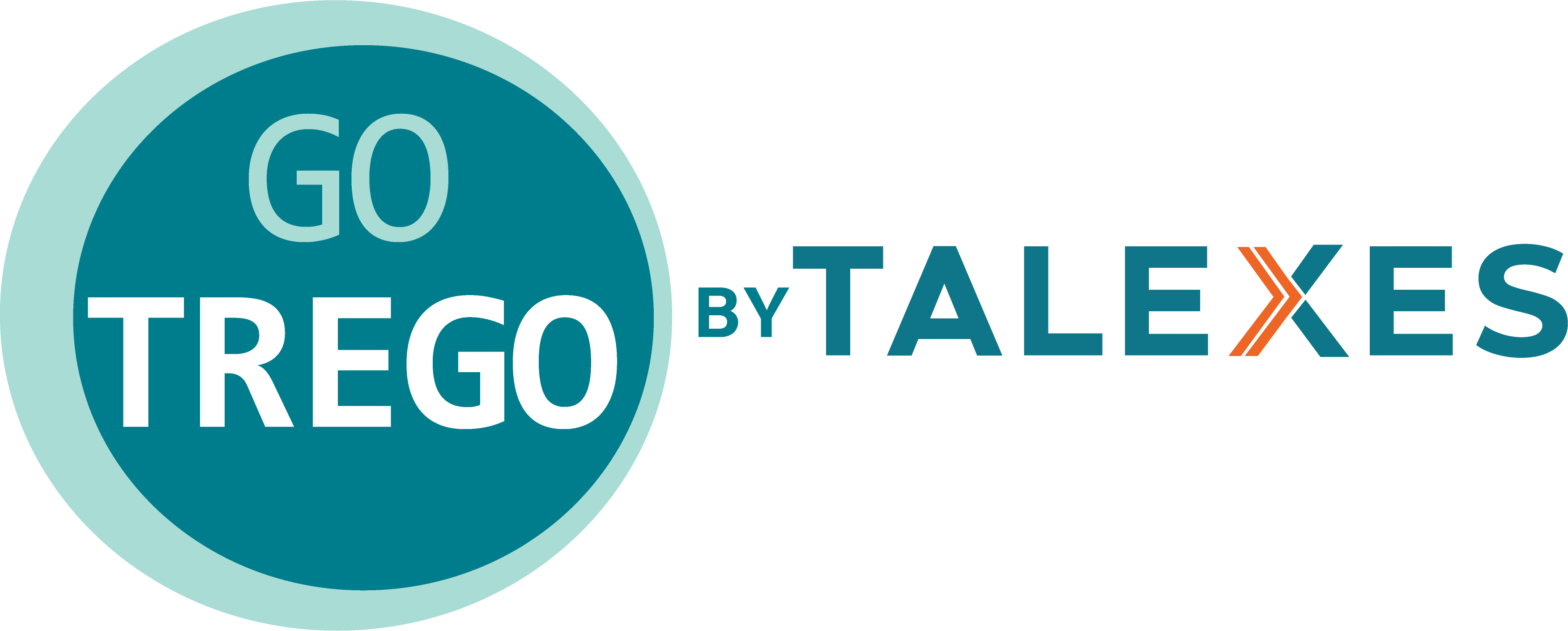In the auto industry, where innovation and collaboration are crucial to success, assessing employee performance and potential isn’t just a year-end task—it’s a strategic imperative. Employee assessments, talent evaluations, and onboarding practices provide opportunities to strengthen teams, align goals, and reinforce a culture of diversity and inclusion. By focusing on these key areas, organizations can drive growth and enhance workforce engagement.
Here are nine impactful strategies for leveraging employee assessments and onboarding to optimize team performance in the dynamic automotive sector:
- Uncovering Hidden Talent Through Employment Assessments
Employment assessments are essential for identifying team members whose potential might otherwise go unnoticed. In the fast-paced auto industry, roles often demand a mix of technical and interpersonal skills. Structured evaluations help pinpoint employees ready for leadership or specialized roles, ensuring high performers feel recognized and valued while positioning them for career growth.
- Building Cultural Fit While Promoting Diversity and Inclusion
Cultural fit plays a critical role in team cohesion, especially in an industry dependent on collaboration. However, fostering cultural fit must go hand-in-hand with promoting diversity and inclusion. Assessments and onboarding processes should align with the organization’s values while welcoming varied perspectives and experiences. A diverse and inclusive workforce not only reflects a company’s commitment to equity but also drives innovation and problem-solving.
- Aligning Strengths for Collaborative Success
Team success depends on recognizing and leveraging individual strengths. Talent assessments provide insights into how team members’ skills and abilities complement each other. These insights enable managers to delegate tasks more effectively, structure teams for optimal collaboration, and ensure every individual contributes to their fullest potential.
- Identifying and Addressing Skill Gaps
The automotive industry’s reliance on emerging technologies makes it essential to stay ahead of skill gaps. Employment assessments can highlight areas needing improvement, whether in technical competencies or soft skills. By identifying these gaps early, companies can tailor training programs or hire strategically to bridge deficiencies, ensuring teams are equipped to tackle industry challenges.
- Enhancing Employee Onboarding for Long-Term Engagement
Onboarding is a pivotal phase for establishing trust, expectations, and alignment with company values. In the auto industry, where precision and teamwork are key, onboarding programs should include comprehensive training and clear communication about organizational goals. This process ensures new hires are equipped for success and fosters early engagement and loyalty.
- Supporting Growth Through Individual Development Plans
Assessments shouldn’t just measure past performance—they should pave the way for future development. By creating individualized growth plans, organizations demonstrate their commitment to employee advancement. Whether through technical workshops, leadership training, or cross-departmental assignments, development plans show employees that their potential is valued and nurtured.
- Creating an Open Feedback Culture
Open communication is vital for maintaining alignment and trust within teams. Assessments and reviews should prioritize two-way dialogue, giving employees the opportunity to share their experiences and suggestions. This transparency fosters a sense of inclusion and ensures that employees feel heard, valued, and empowered to contribute meaningfully.
- Preparing Future Leaders with Talent Assessments
The auto industry’s complex and evolving landscape demands strong leadership. Talent assessments are instrumental in identifying employees with leadership potential. These assessments can guide investment in mentorship programs, specialized training, and stretch assignments, ensuring the next generation of leaders is well-prepared to navigate future challenges.
- Equipping Teams for Innovation and Adaptability
In a rapidly changing industry, adaptability is a critical success factor. Employee assessments help teams gauge their readiness for change, from adopting advanced manufacturing techniques to embracing sustainability initiatives. By understanding areas of strength and vulnerability, companies can strategically equip their workforce to drive innovation and respond to market shifts.
Conclusion
In the competitive auto industry, leveraging employee assessments, onboarding strategies, and a commitment to diversity and inclusion can transform a workforce into a cohesive, high-performing team. By focusing on uncovering talent, addressing skill gaps, and fostering open communication, organizations can create an environment where employees thrive. Thoughtfully implemented, these strategies build resilience, enhance morale, and position companies for sustained success in an ever-evolving landscape.
Make employee assessments and onboarding processes integral to your talent strategy, and watch your teams excel in delivering excellence and innovation across the industry.





